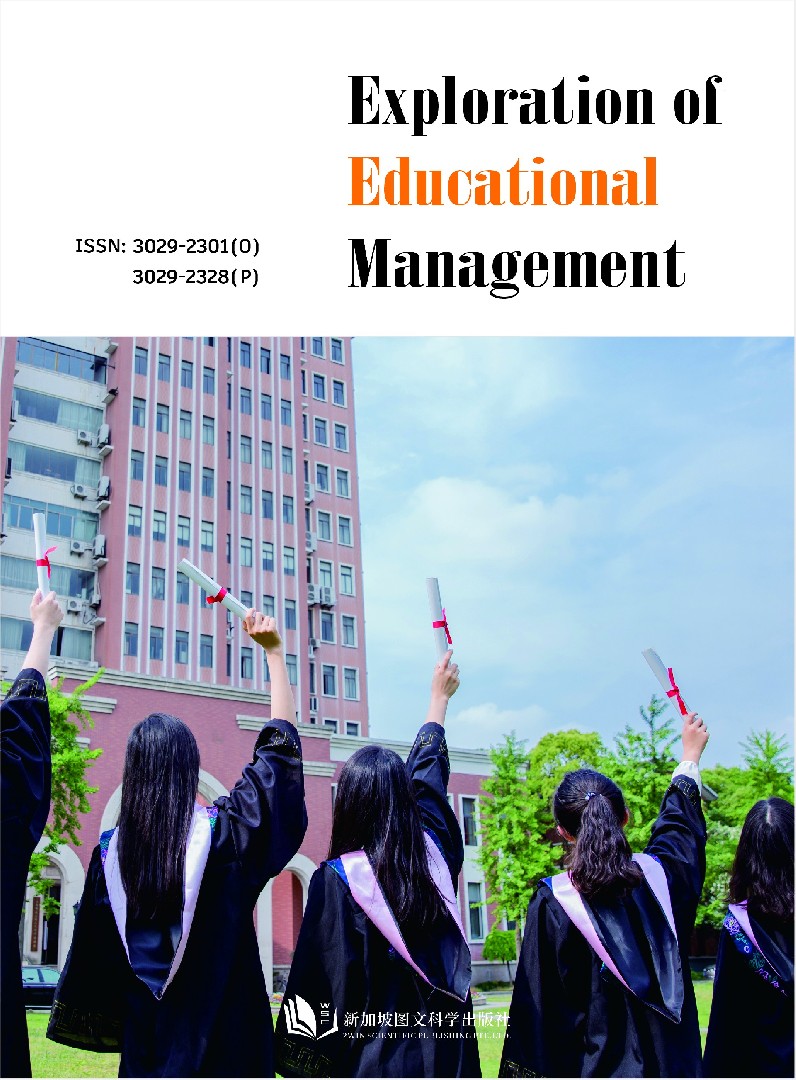作者
Qing hua Li
文章摘要
Abstract:This study explored the challenges faced by a hearing sibling in a family where the older brother has a hearing disability. Through interview analysis, based on family systems theory, social identity theory, and ecological syestems theory to examine shifts in sibling relationships, the impact of differential parental treatment on the younger brother, and potential influence of school and social oppotunities and increased psychological burden due to his caregiving role. The study suggests solutions including enhanced family communication, school-based counseling, and broader societal support to alleviate the younger sibling’s responsibilities and support his holistic development.
文章关键词
Keywords: hearing disability; siblings; family systems theory
参考文献
[1] Cox, M. J., & Paley, B. (1997). Families as systems. Annual review of psychology, 48(1), 243-267.
[2] Ashforth, B. E., Harrison, S. H., & Corley, K. G. (2008). Identification in organizations: An examination of four fundamental questions. Journal of management, 34(3), 325-374.
[3] Tattersall, H. J., & Young, A. M. (2003). Exploring the impact on hearing children of having a deaf sibling. Deafness & Education International, 5(2), 108-122.
[4] Plomin, R., & Daniels, D. (1987). Why are children in the same family so different from one another?. Behavioral and brain Sciences, 10(1), 1-16.
[5] Atkins, D. V. (1987). Siblings of the hearing impaired: Perspectives for parents. The Volta Review.
[6] Bronfenbrenner, U. (2000). Ecological systems theory. Oxford University Press.
[7] Campbell, A., & Uren, M. (2011). " The Invisibles"... Disability in China in the 21st Century. International Journal of Special Education, 26(1), 12-24.
[8] Livneh, H. (2012). On the origins of negative attitudes toward people with disabilities. The Psychological and Social Impact of Physical Disability, supra note, 70.
[9] Hintermair, M. (2000). Hearing impairment, social networks, and coping: The need for families with hearing-impaired children to relate to other parents and to hearing-impaired adults. American annals of the Deaf, 145(1), 41-53.
[10] Schreiber, M., & Feeley, M. (1965). A guided group experience: Children, 128, 221-225.
[11] Fleischmann, A. (2005). The hero’s story and autism: Grounded theory study of websites for parents of children with autism. Autism, 9(3), 299-316.
[12] Dyson, L. L. (1999). The psychosocial functioning of school-age children who have siblings with developmental disabilities: Change and stability over time. Journal of Applied Developmental Psychology, 20(2), 253-271.
Full Text:
DOI
